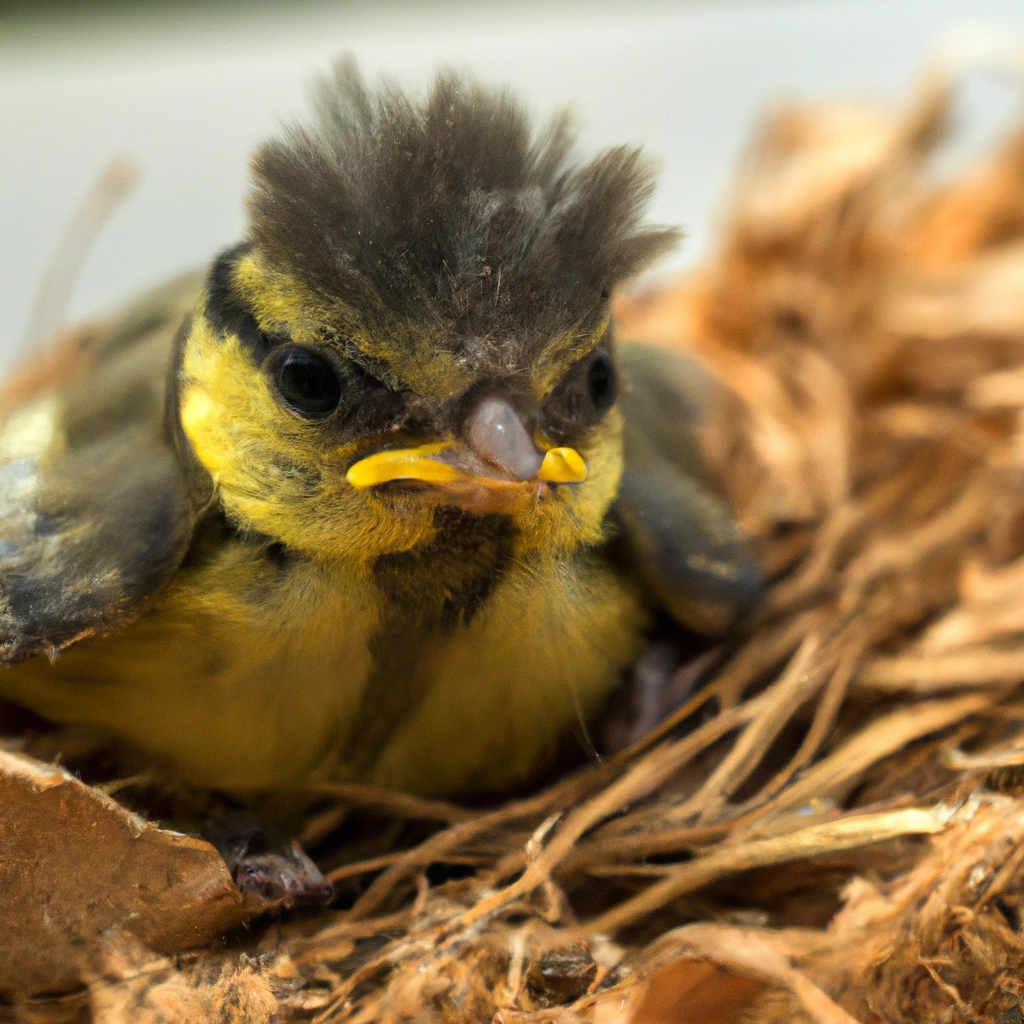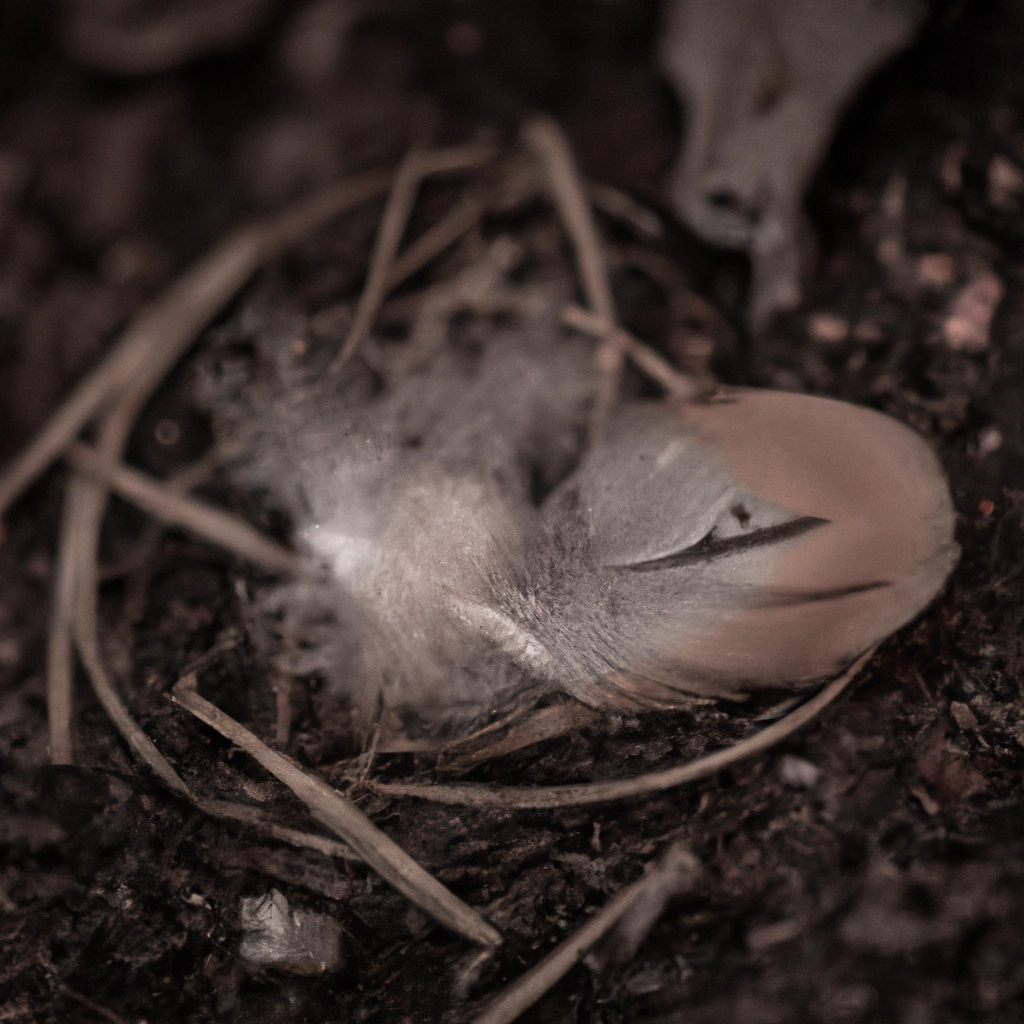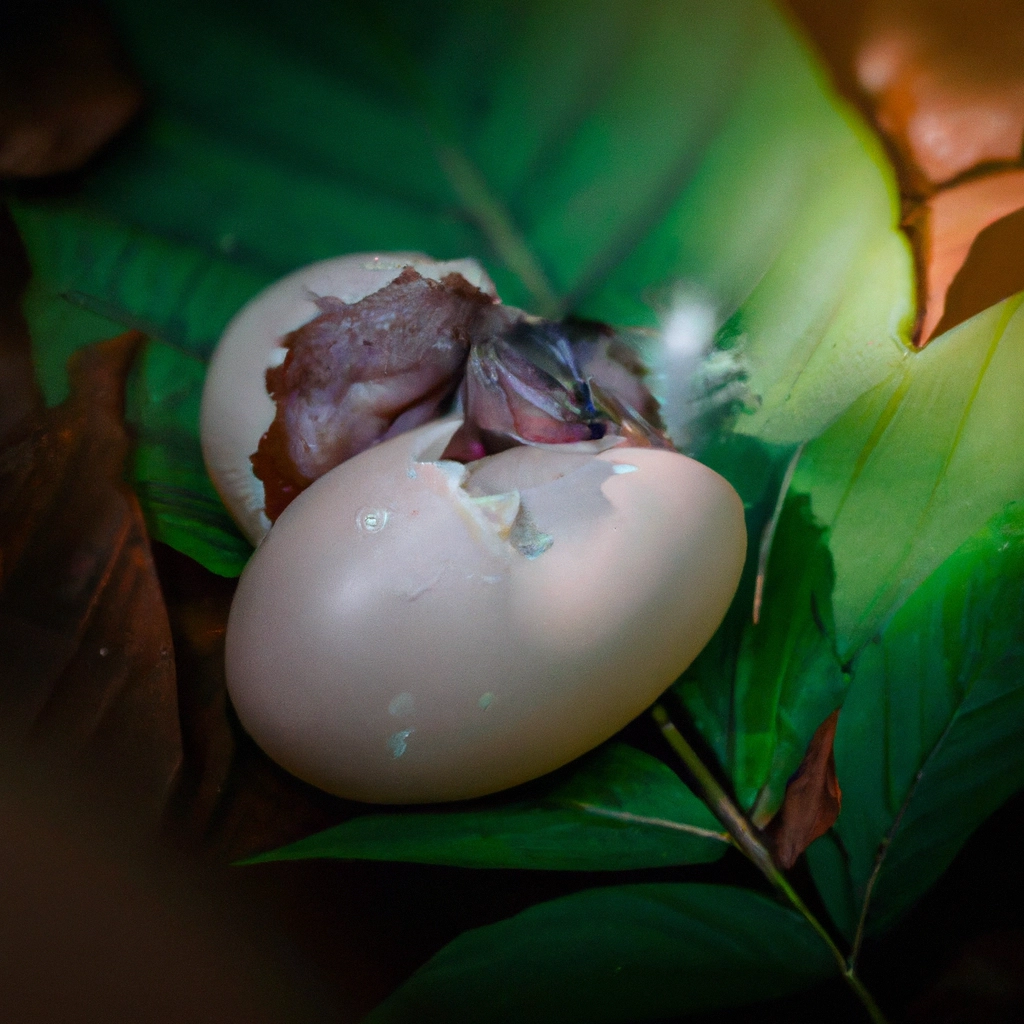| Bird Species | Mourning Behavior |
|---|---|
| Magpies | Have been observed gathering around a deceased bird, displaying distress and calling out mournfully. |
| Chickadees | Have been observed showing signs of mourning for their deceased young, such as spending time near the body and vocalizing distress. |
| Crows | Exhibit mourning behavior by gathering around a deceased crow, vocalizing, and showing signs of distress. |
| Pigeons | Have been observed mourning the loss of a mate or offspring, displaying distress and spending time near the deceased bird. |
| Robins | Have been observed displaying mourning behavior by vocalizing, spending time near the deceased bird, and showing signs of distress. |
Watching a pair of robins tirelessly feed their chirping chicks in a nest wedged between the branches of my backyard oak tree, I’ve always been fascinated by the close-knit family dynamics of birds. Then, one stormy afternoon, tragedy struck. A gust of wind sent the nest tumbling to the ground, scattering the fledglings. Despite the robins’ frantic attempts, one chick did not survive. This heart-wrenching scene led me to wonder: do these feathered parents sense a loss akin to mourning?
To satisfy this curiosity, I delve into the realm of avian emotions. Are they capable of the grief we so deeply associate with our own species? The purpose of this article is to unravel the tapestry of anecdotal evidence and scientific research that offers insights into the possible mourning behaviors of birds.
Introduction to Avian Emotional Bonds
Birds are remarkably intelligent creatures, often demonstrating behaviors that hint at a rich emotional life. Anyone who has observed a crow solve complex problems or a parrot express what seems to be joy or anger can attest to their sophisticated minds. But when it comes to the profound emotional attachment we call mourning, can birds truly relate?
Having watched the diligent care with which parent birds attend to their young, it’s clear that the bond is strong. From nest building to teaching their young to fly, birds invest huge amounts of energy and devotion into their offspring. This inescapable connection makes me wonder if their capacity for emotional responses reaches into the depths of sorrow.
Unveiling the Mysteries of Animal Grief
Scientists have only recently started to recognize and document the expressions of grief in the animal kingdom. Studies have unveiled instances of apparent mourning in species ranging from the highly social elephants, who tenderly touch the bones of their deceased, to the less obvious, such as marine invertebrates showing changes in behavior when separated from partners.
The common threads weaving through these studies suggest that animals, including birds, possess more complex emotional lives than we once assumed. The implications are profound, hinting that the sorrow we feel when we lose a loved one is not uniquely human.
Do Winged Creatures Weep?
In the days following the loss of their chick, the robin parents continued to visit the spot where their offspring met its untimely end. They chirped and called, and their persistence seemed to convey a sense of searching, of longing for their missing child. Does this behavior point to an avian form of grief?
While hard scientific evidence of birds experiencing mourning in the way we understand it remains scant, such observations are difficult to dismiss as mere instinct. These patterns indicate a response to loss that, at very least, mirrors the outer expression of human mourning.
Reflections from the Heart and the Mind
This journey into the emotional lives of birds has been a blend of science and personal witness. While the evidence may not be conclusive, it certainly opens the door to a greater understanding of the complex emotional capabilities of our feathered friends, and perhaps, all creatures.
With a newfound appreciation for the avian world, it’s crucial we approach the subject of animal emotions with empathy. Recognizing their capacity for feelings like grief can influence how we treat and protect these beings, who share our capacity for suffering and joy.
Observing the rich emotional lives of wildlife, like the grieving bird parents in my backyard, is not just fascinating – it compels us to acknowledge the connection we share with all life on Earth. I encourage you to take a moment to watch and appreciate the birds around you, and consider the depth of their experiences, possibly reflected in your own.
Frequently Asked Question
-
How do birds typically cope with the loss of a young chick in the wild?
When birds experience the loss of a young chick in the wild, they may exhibit various coping mechanisms. Some species may show signs of distress or grief, while others may immediately focus on caring for their remaining offspring or finding a new mate to produce more offspring. In some cases, birds may also become more vigilant and protective of their remaining young to ensure their survival. It’s important to recognize that the way birds cope with loss can vary depending on their species and individual characteristics, and may not always align with human perceptions of grief and loss. Overall, birds have evolved different strategies for dealing with the challenges of raising young in the wild, and their responses to loss reflect the diversity of behaviors found in the avian world.



